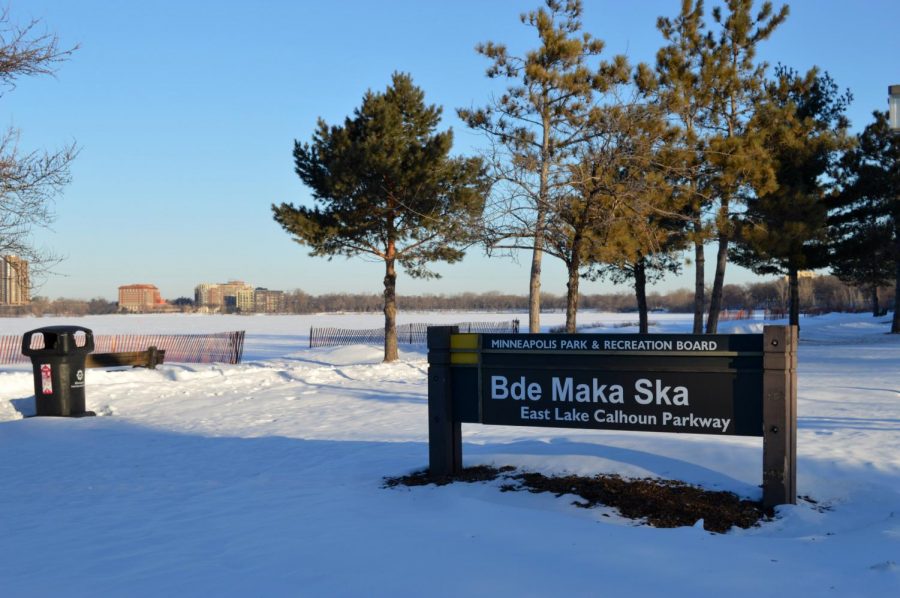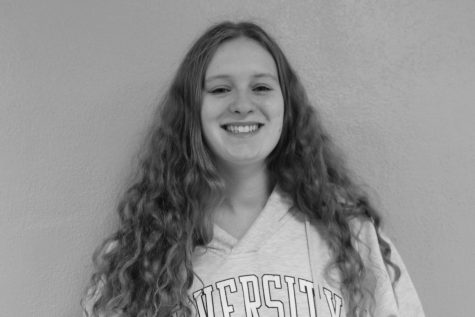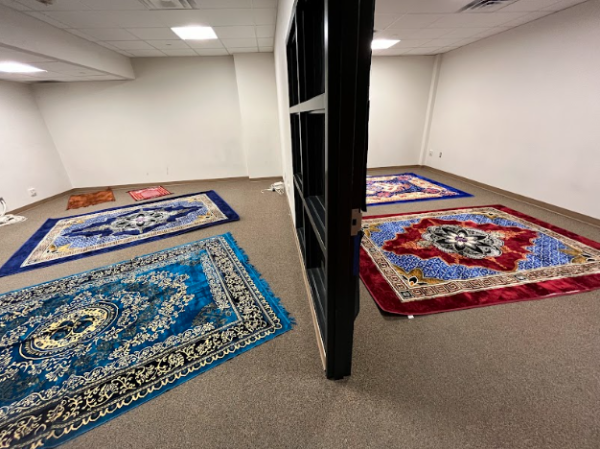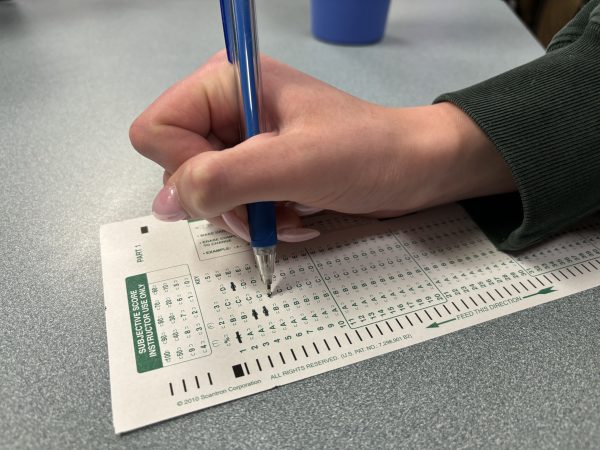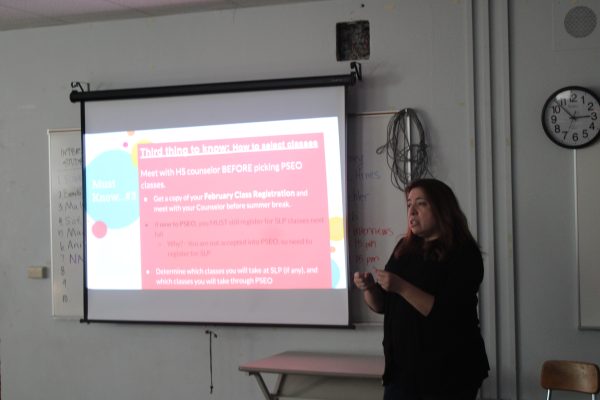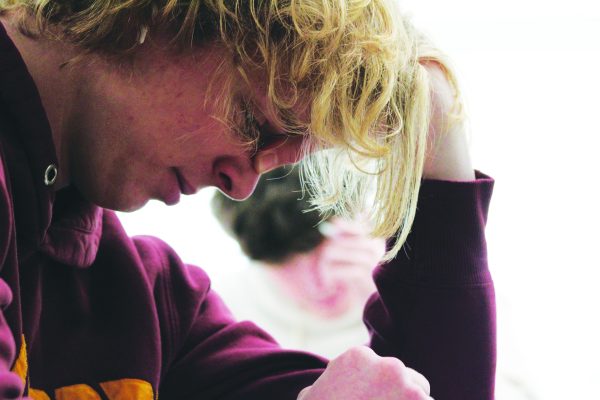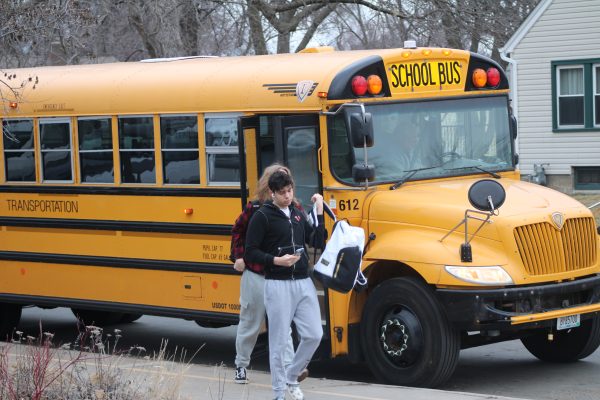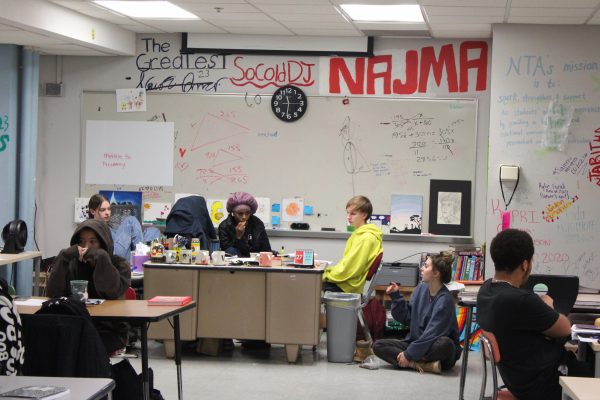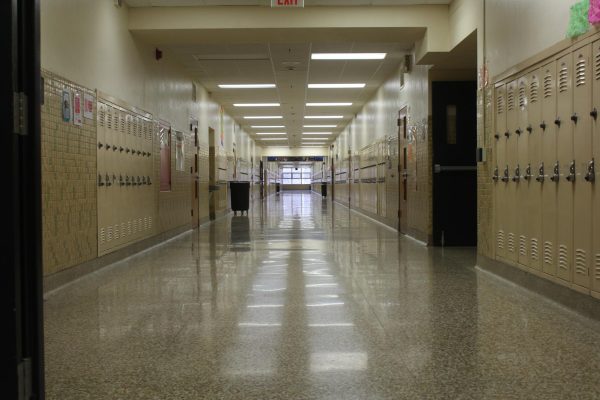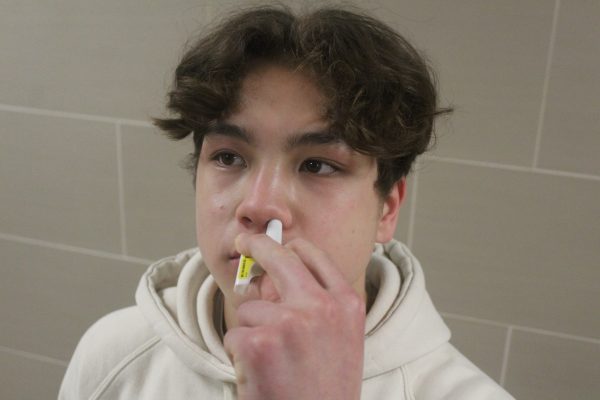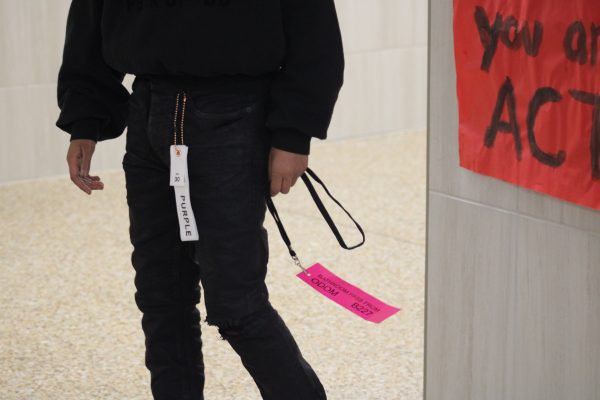State renames Minneapolis lake
Lake Calhoun is changed to Bde Maka Ska
Updated signs replace former Lake Calhoun signs and advocate for Native American heritage. New signs were placed Jan. 29.
February 14, 2018
On the morning of Jan. 29, signs with only the name Bde Maka Ska replaced old ones at Lake Calhoun, officially changing the name of the biggest lake in Minneapolis, according to the Star Tribune.
Newly retired Park Board commissioner Scott Vreeland said this project started a long time ago.
“We had talked about it a few years ago and it was pretty clear that the park board didn’t have the authority to change the name,” Vreeland said. “The formal process was that the county needed to have a public hearing process and their recommendation would go to the state and then the state would make a ruling.”
Vreeland said he had much to do with the process of changing the name.
“As (the) process progressed, I attended some of the meetings, I helped with some of the logistics of the meetings and I followed the process closely. I was really interested in the citizen advisory recommendation,” Vreeland said. “I was selected as the representative to the county to present the resolution of the park board to recommend the name change and I also explained the reasons why the park board had made its unanimous resolution to change the name.”
Vreeland said Calhoun’s support of slavery drove the name change forward.
“There were certainly discussions about removing the name because of Calhoun’s involvement with the advocacy of slavery, with Calhoun’s advocacy for things that were detrimental to Native American populations,” Vreeland said. “There have been conversations for the past five years about (whether) we want Lake Calhoun to reflect the Calhoun name.”
Junior Libby Ramsperger said she supports removing Calhoun’s name from the lake.
“It makes sense to me why someone would not want Calhoun to be the name (of the lake),” Ramsperger said. “I don’t think somebody should be respected for those racist views.”
According to Vreeland, he wasn’t always sold on completely changing the name of Lake Calhoun.
“I changed my mind as part of this process: I thought that the dual naming was fine until I realized how important this was to the Dakota population,” Vreeland said. “Welcoming the Dakota people back to their homeland and the connection to water and land is, I think, a really important thing.”
Vreeland said he is excited for the effect the name change could eventually have.
“In the future this will be a place where folks can realize that this is a place for cultures to meet and greet and learn and understand about each other,” Vreeland said.
According to Ramsperger, some students in her English class were against the idea of changing Lake Calhoun’s name.
“We had a discussion in English class and people were resistant to change but I think the reason why people were resistant to change is because they were used to growing up with (the lake) being Calhoun,” Ramsperger said.
Ramsperger said her class’s conversation showed her a different perspective on the situation that she hadn’t thought of before.
“I found it really interesting because someone had commented (on being resistant) ‘that’s the privilege, the white privilege that you have, that you don’t even (realize you have)’,” Ramsperger said.
According to Vreeland, many of the people who did not want the name to change did not associate Lake Calhoun with the actual man it was named after.
“For a vast majority of folks this wasn’t the naming of something to honor the ideas of John Calhoun,” Vreeland said. “This was a lake and so the connection of those ideas and whether it was really relevant or not was—and is—probably the greatest challenge.”
Ramsperger said the name Calhoun did not have any connotations of John Calhoun for her.
“When people say the name Calhoun, I never think of it being a white guy,” Ramsperger said.
According to Vreeland, this name change benefits all cultures in Minneapolis.
“I think this is a great opportunity to bring richness to our own history and culture in Minneapolis as this great meeting place of great ideas and really interesting people,” Vreeland said.
Vreeland said he hopes changing Lake Calhoun’s name to Bde Maka Ska will have a positive effect on people’s lives.
“I think this is a really great opportunity to change people’s hearts and minds in an important way,” Vreeland said.



